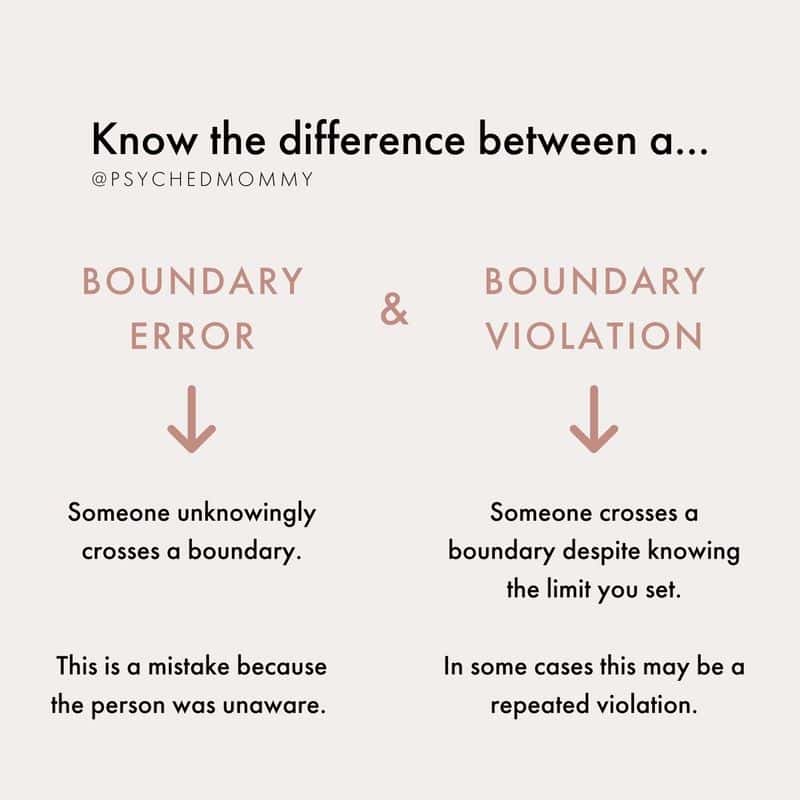We’ve all met them – those super charming folks who seem like the nicest people ever, until something feels off.
They’re masters of disguise, hiding their true narcissistic nature behind friendly smiles and helpful gestures.
Learning to spot these wolves in sheep’s clothing can save you from emotional rollercoasters and manipulative relationships. Let’s unmask these sneaky characters together!
1. The Conditional Kindness Crew
Watch out for people whose niceness comes with invisible strings attached. They’ll bend over backwards to help the boss or that popular coworker, but completely ignore the janitor or new intern. Their generosity flows freely toward those who can boost their image or provide something valuable in return.
These crafty operators maintain a carefully curated reputation as helpful souls while secretly calculating what each good deed will earn them. The moment someone can’t offer status, connections, or other benefits, the mask slips and their true coldness emerges.
Pay attention to how they treat service workers or people they deem “unimportant” – that reveals their authentic character!
2. Compliment Fishers
“Oh, this old thing? I look terrible today!” they sigh while wearing their most flattering outfit. Compliment fishers deliberately put themselves down, creating an awkward social vacuum that can only be filled by your reassurance and praise.
Their self-deprecation isn’t genuine humility – it’s a calculated trap. They’ve mastered the art of false modesty to manipulate others into constantly affirming their worth. The conversation always bends toward their needs for validation.
Notice how these interactions leave you feeling drained? That’s because they’re emotional vampires, sucking up attention while rarely showing interest in your life unless it somehow relates back to them.
3. Spotlight Stealers
Just got a promotion? They once had a BIGGER promotion. Ran a 5K? They’re training for a marathon. Had a rough day? Their day was catastrophically worse! These conversation hijackers can’t stand when attention drifts from their orbit.
What makes them tricky to spot is how they initially appear interested in your news. They ask questions and nod enthusiastically. Then – bam! – they smoothly redirect the conversation to their superior experiences or deeper problems.
The spotlight stealer leaves you feeling oddly diminished after interactions, as though your achievements and struggles have been ranked against theirs and found wanting. Their supposed interest in you is merely the setup for their starring role.
4. The Backhanded Compliment Champions
“Wow, you’re so brave to wear that outfit with your body type!” or “You’re really smart for someone who didn’t go to college!” These seemingly positive comments come with a hidden sting that leaves you feeling both flattered and insulted.
Backhanded compliment champions are sneaky saboteurs who undermine while appearing supportive. They’ve perfected the art of planting seeds of self-doubt wrapped in pretty packaging. Their goal? Keeping you slightly off-balance and insecure while maintaining their image as a supportive friend.
The giveaway is how you feel afterward – confused, slightly hurt, and questioning yourself, while they maintain perfect deniability. “What? I was just complimenting you! Why are you so sensitive?”
5. Crisis Creators
Monday’s migraine, Tuesday’s terrible client, Wednesday’s workplace drama – their life is an endless series of emergencies requiring your immediate attention and sympathy. Crisis creators manufacture or magnify problems to remain center stage in the friendship drama.
The red flag isn’t that they have problems (we all do), but rather the theatrical presentation and perfect timing of their disasters. Somehow their biggest crises coincide exactly with your important moments or when you need support. Their emergencies consistently trump yours.
Notice how rarely they ask about your challenges? Or how quickly they change the subject when you share them? That’s because your problems threaten their monopoly on the group’s emotional resources and attention.
6. The Scorekeeping Friends
Remember that coffee they bought you THREE MONTHS AGO? They certainly do – and they’ll subtly remind you about it whenever you’re not meeting their expectations. Scorekeeping friends maintain detailed mental ledgers of every favor, gift, and gesture.
Unlike genuine generosity, their kindness is a currency they expect to be repaid with interest. They appear incredibly thoughtful until you notice the pattern: their “generosity” is actually an investment strategy. They give to create obligation, not connection.
The dead giveaway? Their remarkable memory for what they’ve done for you contrasted with their convenient amnesia about what you’ve done for them. Real friends don’t keep score – they just enjoy giving and receiving without the accounting department involved.
7. Boundary Bulldozers
“But we’re such close friends!” they protest when you finally stand up for yourself. Boundary bulldozers weaponize their “niceness” to steamroll your limits. They’ll show up unannounced, borrow without asking, or share your private information – all while acting hurt when you object.
Their invasiveness comes disguised as caring. They’re “just worried about you” when they demand details about your date. They’re “only trying to help” when they take over your project without permission. Their apparent concern masks their true motivation: control.
The moment you establish a boundary, their friendly façade cracks. Suddenly you’re “selfish” or “ungrateful” for requesting basic respect. Their reaction to your boundaries reveals their true character – someone who believes their desires should automatically override your comfort.
8. Selective Memory Masters
“I never said that!” they insist, despite five witnesses hearing them promise to help with the project. Selective memory masters gasp in wounded surprise when confronted with their own words or actions, making you question your perception of reality.
These masters of manipulation remember with perfect clarity any mistake you’ve made or promise you’ve broken. Yet their own commitments and hurtful behaviors mysteriously vanish from their recollection. They’re not just forgetful – they’re strategically amnesiac.
What makes this trait particularly maddening is how convincingly they deny their actions. Their wide-eyed innocence and hurt expression when confronted can make even the most confident person wonder: “Did I imagine that?” This deliberate confusion technique, called gaslighting, keeps you perpetually off-balance.
9. The Love Bomber
Instant best friends! Soulmates after one date! The love bomber showers you with excessive attention, compliments, and gestures that seem wonderfully flattering – until you realize it’s all happening suspiciously fast. They’re creating a fantasy relationship, not getting to know the real you.
Love bombers front-load relationships with intensity that feels special but serves a purpose: creating emotional dependency. Once you’re hooked on their validation, they begin withdrawing it strategically, leaving you chasing the initial high of their approval.
The giveaway is the mismatch between their level of investment and the actual time they’ve known you. Genuine connections develop gradually. When someone treats you like their favorite person before they truly know you, they’re not seeing you – they’re seeing what you can do for them.
10. Fragile Ego Defenders
“You’re just jealous!” they snap when you offer the mildest criticism or disagree with their opinion. Despite their confident exterior, fragile ego defenders crumble at the slightest challenge to their self-image. Their friendly demeanor instantly transforms when their perfection is questioned.
What makes them hard to spot initially is how reasonable they seem when agreeing with others. They nod supportively during conversations – until a viewpoint contradicts theirs. Then comes the defensive overreaction, personal attacks, or dramatic wounded withdrawal.
The mask slips in these moments of perceived criticism. Watch how they respond to even gentle feedback – do they consider it thoughtfully or launch into justifications and counterattacks? Their disproportionate defensiveness reveals the fragile narcissist hiding behind the nice-person façade.











